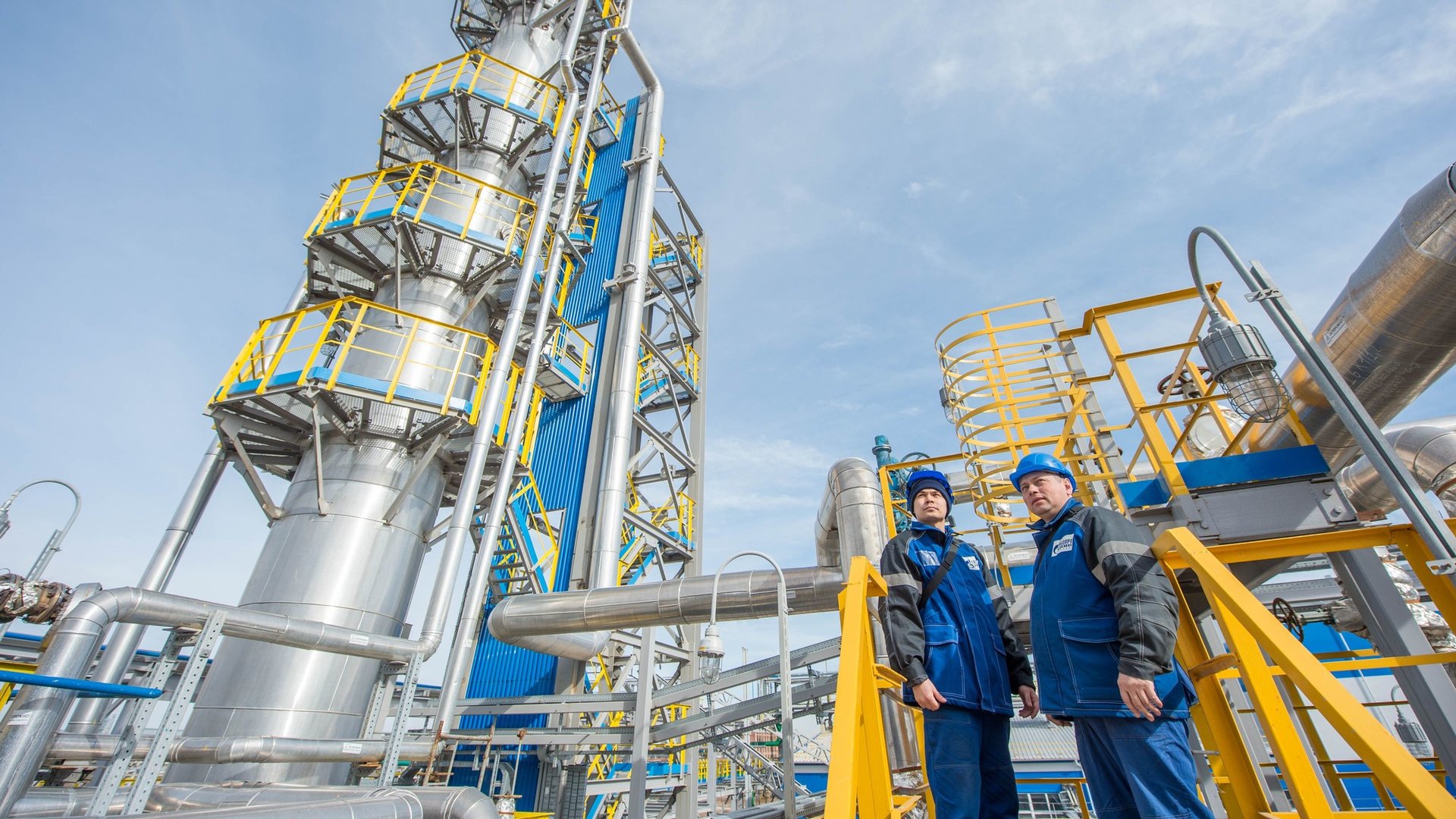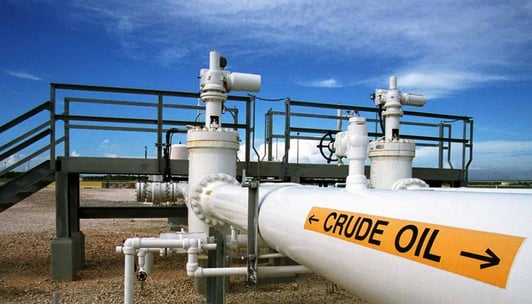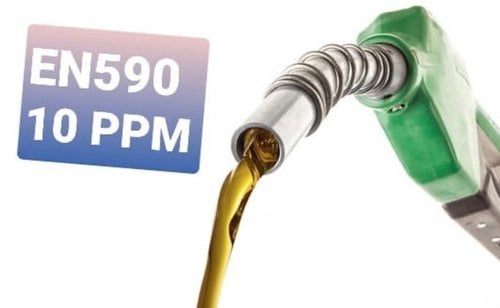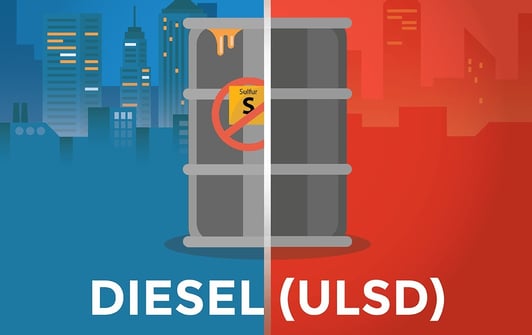
Our Products
Supply on Demand
Jet Fuel A1 & JP54
Supply Quantity
1,000,000 – 5,000,000 barrels per month
Availability: Rotterdam or Houston. FOB or CIF terms are available.


Jet fuel, or Kerosene, is used in all turbine-powered aircraft.
Almost all jet fuels are made from crude oil in refineries and produced to strict specifications. Jet fuel accounts for around 6% of total global refinery fuel production.
About Jet Fuel A1 and JP54
Jet A-1 is a kerosine grade of fuel suitable for most turbine-engined aircraft. It is produced to a stringent internationally agreed standard, has a flash point above 38°C (100°F), and a freeze point maximum of -47°C. It is widely available outside the U.S.A. Jet A-1 meets the requirements of British specification DEF STAN 91–91 (Jet A-1), (formerly DERD 2494 (AVTUR)), ASTM specification D1655 (Jet A-1) and IATA Guidance Material (Kerosine Type), NATO Code F-35.
JP54 is similar to Jet A except the energy is 18.4 mj/Kg compared to the 42.8 MJ/kg of Jet A. Most importantly, there is also a slight difference in additives.


JP54 is similar to Jet A except the energy is 18.4 mj/Kg compared to the 42.8 MJ/kg of Jet A. Most importantly, there is also a slight difference in additives.
Jet fuel, Aviation Turbine Fuel (ATF), or Avtur is a type of fuel designed for use in aircraft powered by gas-turbine engines. It is clear to straw-colored in appearance. The most commonly used fuels for commercial aviation are Jet A and Jet A-1 which are produced to a standardised international specification.
Light Crude Oil
Supply Quantity
1,000,000 – 10,000,000 barrels per month
Availability: Rotterdam or Houston. FOB or CIF terms are available.


Light oil requires less processing and produces a greater percentage of gasoline and diesel than heavy oil. The standard unit of measurement for oil weight is API Gravity. This scale was created by the American Petroleum Institute to measure the density of oil.
About Light Crude Oil
Different Light Crude Oils
Crude Oil
Supply Quantity
1,000,000 – 20,000,000 barrels per month
Availability: Rotterdam or Houston. FOB or CIF terms are available.
Crude oil is a valuable resource that can be refined into petroleum products, including diesel fuel and gasoline.
Crude oil is a naturally occurring, unrefined petroleum product composed of hydrocarbon deposits and other organic materials. A type of fossil fuel, crude oil can be refined to produce usable products such as gasoline, diesel, and various forms of petrochemicals. It is a non-renewable resource, which means that it can't be replaced naturally.
Crude oil is typically obtained through drilling, where it is usually found alongside other resources, such as natural gas (which is lighter, and therefore sits above the crude oil) and saline water (which is denser, and sinks below). It is then refined and processed into a variety of forms, such as gasoline, kerosene, and asphalt, and sold to consumers.
Although it is often called "black gold," crude oil has a varying viscosity and can vary in colour from black to yellow depending on its hydrocarbon composition. Distillation, the process by which oil is heated and separated into different components, is the first stage in refining.
About Crude Oil
Different Crude Oils


There are six types of crude oil.
Heavy/Sweet
Heavy/Sour
Medium/Sweet
Medium Sour
Light/Sweet
Light/Sour
Crude oil prices are subject to geopolitical factors and events that affect supply and demand.
Petroleum products are made from crude oil, coal, natural gas, or biomass. Examples of petroleum products are gasoline, jet fuel, waxes, asphalt, and lubricating oil.
Interestingly, a 42-gallon barrel of crude oil produces about 45 gallons of petroleum products because of a refining phenomenon called refinery processing gain.




Diesel Virgin Oils D6
Supply Quantity
400,000,000 – 800,000,000 gallons per month
Availability: Rotterdam or Houston. FOB or CIF terms are available.


D6 Virgin Fuel Oil is also known as Residual Fuel Oil (RFO) and is of High–Viscosity. This particular Fuel Oil requires preheating to 220–260ºF (= 104, 44–126, 66°C).
D6 Virgin Fuel Oil is mostly used for generators. Recent changes in fuel quality regulation now require further refining of the D6 in order to remove the sulphur, which leads to a higher cost. Despite this recent change, D6 is still less useful because of its viscosity, needs to be pre-heated before it can be used, and contains high amounts of pollutants, such as sulphur. Since it requires pre-heating, it cannot be used in small ships, boats, or cars. However, large ships and power plants can use the residual fuel oil.
D6 virgin fuel oil is a type of residual fuel, mainly used in power plants and larger ships. It is not possible to use it in smaller engines or vessels/vehicles where it is not possible to preheat it. D6 is its name in the USA. In other parts of the world, it has other names.
The price of D6 Diesel traditionally rises during colder months as demand for heating oil rises, which is refined in much the same way. In many parts of the United States and throughout the United Kingdom and Australia, D6 Diesel may be priced higher than petrol / Gasoline.
About D6 Virgin Oil


Diesel Gas Oil D2
Supply Quantity
5,000 - 50,000 metric tons per month
Availability: Rotterdam or Houston. FOB or CIF terms are available.


D2 Gas Oil is a refinery abbreviation for gasoline. It is the second distillate from crude oil and can be used without reformers and additives. So, the first engines used D2 as fuel before petrol cars as we know them today were invented.
Diesel Gasoil (D2) is any liquid fuel used in diesel engines whose fuel ignition takes place without any spark as a result of compression of the inlet air mixture and then injection of fuel.
Different grades
Technically, there are 3 types of diesel fuel options, but it is essential to break down the details. For instance, there are two types of standard diesel fuel: Diesel #1 (or 1-D) and Diesel #2 (or 2-D). Then there is biodiesel, which is mainly made of agricultural materials.
Just as gasoline is rated by its octane, diesel fuel is rated by its cetane, which indicates how easy it is to ignite and how fast it burns. The higher the cetane number, the more volatile the fuel.
Premium diesel
Premium diesel burns quicker and more efficiently, giving you both higher performance and a cleaner engine.
Diesel fuel class
Class II liquids are combustible liquids that have a flash point at or above 100 °F (37.8 °C) and below 140 °F (60 °C). Typical Class II liquids include liquids such as camphor oil, diesel fuel, pine tar, and Stoddard solvent.
About Diesel Gas D2


Diesel Fuel EN 590
Supply Quantity
Minimum order of 5,000 metric tons per month
Availability: Rotterdam, Fujairah or Houston. FOB or CIF terms are available.


EN 590 is a standard published by the European Committee for Standardization that describes the physical properties that all automotive diesel fuel must meet if it is to be sold in the European Union and several other European countries. EN 590 had been introduced along with the European emission standards. The overall goal has been to reduce the sulfur content of diesel fuel. Sulfur had been used as a lubricant in the fuel. Its role is taken up by special additives in ULSD. With each of its revisions, EN 590 had been adapted to lower the sulfur content of diesel fuel. Since 2007, diesel that conforms to EN590 has been referred to as Ultra Low Sulfur Diesel (ULSD) in the European Union. The phrase “Ultra Low Sulfur Diesel” is governed by different standards in other parts of the world.
In the European Union and the USA, the sulfur content has dramatically decreased during the last 20 years. Automotive diesel fuel is covered in the European Union by standard EN 590.
EN 590 Gas Oil is a 10 ppm (parts per million) sulfur-content gas oil. It has a higher cetane number than A2 Class Gas Oil (another 10ppm sulfur content class of red diesel), making it better suited to internal combustion engines in off-road vehicles.
About Diesel Fuel EN590


